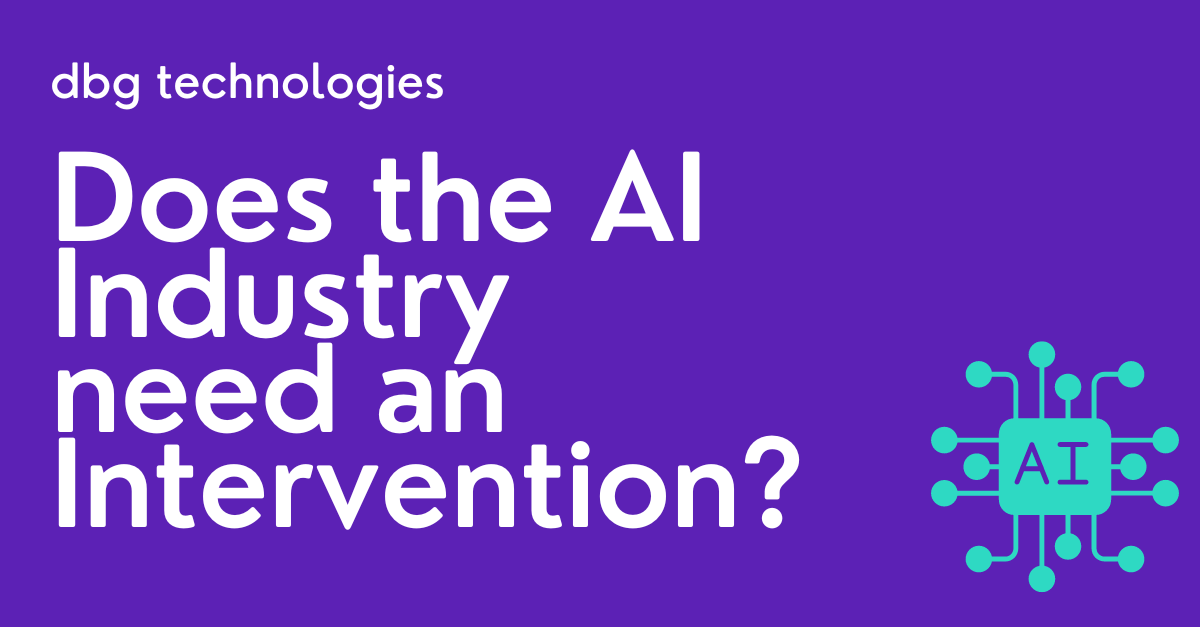 The rapid advancements in Artificial Intelligence (AI) have undeniably transformed various aspects of our lives, from healthcare and finance to transportation and entertainment.
The rapid advancements in Artificial Intelligence (AI) have undeniably transformed various aspects of our lives, from healthcare and finance to transportation and entertainment.
With AI technologies becoming increasingly sophisticated, it’s easy to marvel at the possibilities they offer. However, as AI continues to permeate society, concerns are growing about the industry’s ethics, biases, and potential risks.
AI has remarkable potential, it has revolutionised countless fields, streamlining processes, enhancing productivity, and offering solutions to complex problems. AI has improved medical diagnoses, boosted customer experiences, and enabled advancements in autonomous vehicles. The industry has made significant strides, but it’s essential to consider the implications and consequences of AI’s rapid growth.
As AI algorithms become more autonomous and independent, they may make decisions that have far-reaching consequences and ethical implications of its applications. The responsibility lies with developers and policymakers to ensure AI systems are fair, transparent, and accountable.
AI systems rely heavily on data, and the industry’s progress depends on the availability of vast amounts of information. However, this raises concerns about data privacy and security. As AI algorithms analyse and process personal data, protecting user privacy becomes crucial. Striking a balance between leveraging data for AI advancements and safeguarding individuals’ privacy rights must be a priority for the industry.
While AI creates new opportunities and jobs, it also threatens certain professions through automation. This could lead to unemployment and economic disparities, as those in industries affected by AI may struggle to find alternative employment. Adequate measures should be in place to address these challenges, such as reskilling programs and the exploration of new job sectors.
The AI industry operates in a relatively nascent regulatory landscape. As AI continues to evolve, there is a need for comprehensive governance frameworks to ensure its responsible and ethical use. Stricter regulations can help address biases, protect user privacy, and ensure transparency in AI systems. Governments, industry experts, and stakeholders must collaborate to develop guidelines that strike the right balance between innovation and ethical considerations.
AI has the potential to deliver significant benefits, but it also carries risks. Concerns about autonomous weapon systems, algorithmic manipulation, and the potential for AI to surpass human intelligence have been voiced by experts. It is imperative that the AI industry takes a proactive approach in assessing and mitigating these risks to prevent unintended consequences that could harm society.
The AI industry has come a long way, demonstrating remarkable achievements and promising potential. However, it is vital to acknowledge the need for intervention. Ethical considerations, bias mitigation, data privacy, and security, as well as job displacement and economic disparities, demand our attention. Strengthening regulations and governance frameworks is essential to guide the responsible development and deployment of AI technologies.
The intervention needed in the AI industry is not meant to hinder progress, but rather to ensure that AI aligns with societal values, respects human rights, and operates in a safe and equitable manner. By addressing these challenges head-on, we can maximise the benefits of AI while mitigating the potential risks, ultimately creating a more inclusive and prosperous future for all.
